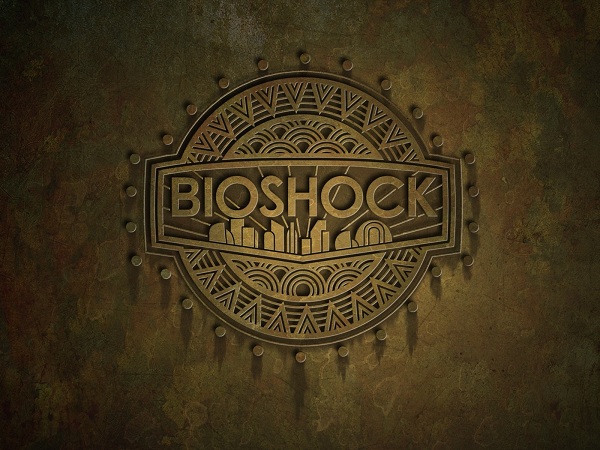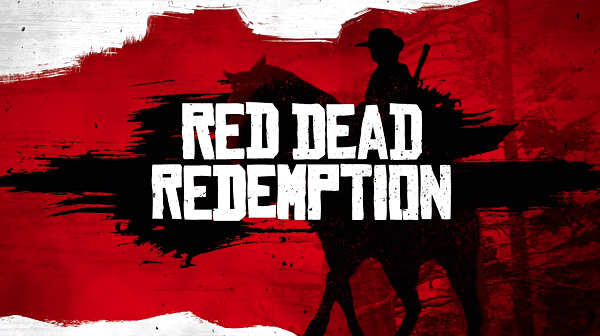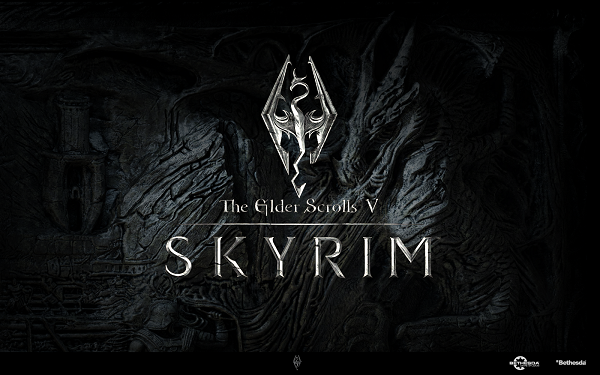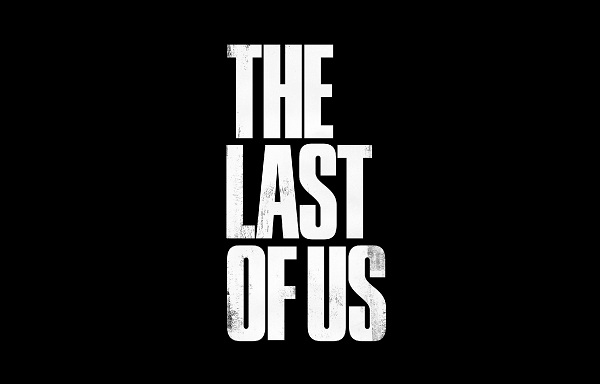It’s time to wrap up our retrospective of last generation with five more games that made their mark on the gaming zeitgeist, and will go down in history as important milestones in games history. These final five games have been picked MCP staff member and CHUD veteran The Rain Dog. Take it away, RD…
Would You Kindly: BIOSHOCK (2007)
Released in the wake of the post-launch era of initial games that first tentatively displayed the chops of what the new generation of console and pc gaming was capable of, came the game that reinvigorated the first person shooter with of a dash of RPG mechanics, a fascinating story with compelling characters, married to one of the most hauntingly beautiful gaming worlds ever created. In August of 2007, came Bioshock.
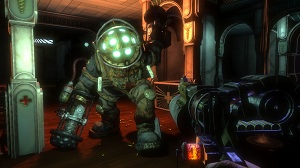 It’s hard to get across these days just how revolutionary and quite unlike anything that came before it Ken Levine’s magnum opus really was (At least, for console players who hasn’t experienced Irrational’s early masterpiece System Shock 2). Many people remember being struck by the opening scenes of the game, of not realizing the cut scene they’d been watching in the games introduction had actually seamlessly blended into the opening gameplay of which they had sudden agency, leaving so many floating helplessly in the post-crash water above Rapture waiting for the ‘game’ to start and not realising things become sophisticated enough that the game actually had.
It’s hard to get across these days just how revolutionary and quite unlike anything that came before it Ken Levine’s magnum opus really was (At least, for console players who hasn’t experienced Irrational’s early masterpiece System Shock 2). Many people remember being struck by the opening scenes of the game, of not realizing the cut scene they’d been watching in the games introduction had actually seamlessly blended into the opening gameplay of which they had sudden agency, leaving so many floating helplessly in the post-crash water above Rapture waiting for the ‘game’ to start and not realising things become sophisticated enough that the game actually had.
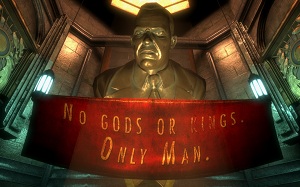 Upon delving into this beautifully chilling mind twist of a game was Levine’s image of an art-deco objectivist dystopian nightmare at the bottom of the sea, the ruins of which were left to be picked over by the player as they discovered both their own identity and the story of this Aquatic horror show. Combining first person shooter mechanics with a lovely sense of personalization through the game’s plasmid system (essentially magic powers) and an enjoyable choice of upgradeable weaponry, players had a nice array of options available to them when it came to completing areas and objectives rather than just simply going in blasting.
Upon delving into this beautifully chilling mind twist of a game was Levine’s image of an art-deco objectivist dystopian nightmare at the bottom of the sea, the ruins of which were left to be picked over by the player as they discovered both their own identity and the story of this Aquatic horror show. Combining first person shooter mechanics with a lovely sense of personalization through the game’s plasmid system (essentially magic powers) and an enjoyable choice of upgradeable weaponry, players had a nice array of options available to them when it came to completing areas and objectives rather than just simply going in blasting.
Bioshock‘s enjoyably addictive open gameplay combined with an utterly compelling gameworld one simply had to stop and appreciate at certain points due to the level of detail and beauty therein, making it a new benchmark in first person gaming and a raising of the bar games could now reach when it came to being immersive, engaging and unique in entertainment media.

The Shepard Is My Lord: MASS EFFECT (2007)
Bioware was already a role playing behemoth by the time the last gaming generation rolled around. Games like the Baldurs Gate series and Knights Of The Old Republic were bona fide classics while the likes of Jade Empire hinted at their future creative ambitions.
 It was with Mass Effect that those ambitions were realized. Rather than continuing on with the Star Wars franchise, they took everything they had learned and applied it to their own space opera epic, the first chapter of which released to the world in late 2007. While many cite the second game in the franchise as the series high water mark and the ending to the third its nadir, I’ve always found myself having the biggest soft spot for the first entry in the series. A lifetime of space opera fantasies and sci-fi geekery made me the perfect mark for Bioware’s opening salvo: the sheer scale of story; the wealth of characters; the promise of truly being able to shape your very own space opera as you guided your own personal Commander Shepard in his or her first contact with The Reapers, made for an experience unparalleled in my memory as a gamer.
It was with Mass Effect that those ambitions were realized. Rather than continuing on with the Star Wars franchise, they took everything they had learned and applied it to their own space opera epic, the first chapter of which released to the world in late 2007. While many cite the second game in the franchise as the series high water mark and the ending to the third its nadir, I’ve always found myself having the biggest soft spot for the first entry in the series. A lifetime of space opera fantasies and sci-fi geekery made me the perfect mark for Bioware’s opening salvo: the sheer scale of story; the wealth of characters; the promise of truly being able to shape your very own space opera as you guided your own personal Commander Shepard in his or her first contact with The Reapers, made for an experience unparalleled in my memory as a gamer.
Who doesn’t forget their first time walking the length of The Citadel and marvel ling at its beautiful designs? Meeting Wrex, Garrus or Liara? Having to make the decision between Kayden and Ashley? Bioware hit all the right notes when it came to capturing the essence of an exciting space opera blockbuster while giving the player the chance to feel it was a very personal story they themselves were having a hand in writing.
ling at its beautiful designs? Meeting Wrex, Garrus or Liara? Having to make the decision between Kayden and Ashley? Bioware hit all the right notes when it came to capturing the essence of an exciting space opera blockbuster while giving the player the chance to feel it was a very personal story they themselves were having a hand in writing.
While other,later RPGs would make thorough use of the then-new hardware’s gaming horsepower, Bioware truly brought the cinematic blockbuster RPG to maturity with the first Mass Effect.
(CLICK L3 TO) DUCK, YOU SUCKER: RED DEAD REDEMPTION (2010)
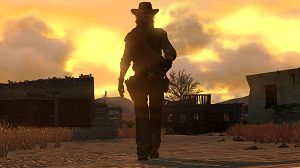 Rockstar really have been very much, well, the rockstars of the last gaming generation. GTA3, Vice City and San Andreas were nothing less than statements of gaming’s future potential in the PS2/XBOX era and GTA4 and 5 both expanded on that promise to become some of the crowning achievements of the generation.
Rockstar really have been very much, well, the rockstars of the last gaming generation. GTA3, Vice City and San Andreas were nothing less than statements of gaming’s future potential in the PS2/XBOX era and GTA4 and 5 both expanded on that promise to become some of the crowning achievements of the generation.
That said, as much as I’ll always be a rabid fan of the GTA series as a whole, its hallmark of blackly parodying the ridiculousness of the modern American century became its weakness as much as its greatest strength. While the worlds created in GTA were sharp, insightful, dark and hilarious, they were also cold, nasty and ultimately kind of soulless to spend such a long time playing in. What they lacked for me, at day’s end, was heart.
The same can’t be said for Red Dead Redemption. Possibly the greatest love letter to a cinematic genre ever created. Rockstar took everything they had developed from Grand Theft Auto and applied it to the world of the Hollywood western. Centred on the classic archetype of the outlaw trying to go straight being pulled back into his old life of banditry, John Marston’s tale hit every note perfectly as a story and a game. Rockstar obviously had deep love and respect for the western and that seeps through every pore of the world as you encounter, its myriad memorable characters and events. The huge game map was even divided into three sections that were unlocked as the game progressed, with each area being representative of a different classic era of the cinematic genre. This was homage of the highest order.
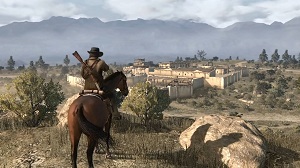 All that wouldn’t amount to much, though, if the game wasn’t also ridiculous fun. Hunting bandits for bounties, saving fair maidens, finding yourself in shootouts, hijacking trains – you could do it all, in true Rockstar sandbox fashion and it was all fun; hell, even hunting was a good time. It was in the game’s quieter moments though that you saw just how much love and care had been put into the game’s world. Simply riding to the top of a cliff to watch a sunrise as crickets chirp and coyotes howl in the distance, being caught out in an epic thunderstorm, coming across a random little vignette playing out between NPCs on the roadside… Everything works towards a vast beautiful tapestry that made for one of the most immersive and engrossing games I’ve ever played. Rockstar have never gotten so close to perfection before or since in my estimation, making Red Dead Redemption very much my jewel in the crown of the last generation.
All that wouldn’t amount to much, though, if the game wasn’t also ridiculous fun. Hunting bandits for bounties, saving fair maidens, finding yourself in shootouts, hijacking trains – you could do it all, in true Rockstar sandbox fashion and it was all fun; hell, even hunting was a good time. It was in the game’s quieter moments though that you saw just how much love and care had been put into the game’s world. Simply riding to the top of a cliff to watch a sunrise as crickets chirp and coyotes howl in the distance, being caught out in an epic thunderstorm, coming across a random little vignette playing out between NPCs on the roadside… Everything works towards a vast beautiful tapestry that made for one of the most immersive and engrossing games I’ve ever played. Rockstar have never gotten so close to perfection before or since in my estimation, making Red Dead Redemption very much my jewel in the crown of the last generation.
HOT FUS: SKYRIM (2011)
When Bethesda’s fourth instalment of their iconic Elder Scrolls series Oblivion released at the very beginning of the generation in 2006, it was very much the announcement that, even on console, gaming could be beautiful, vast and deep. I myself remember marvelling for over five minutes at just the detail of the bricks within the pavement I was walking on upon first loading up the game. I simply couldn’t believe the leap from what I’d become so used to in the Xbox/PS2 era.
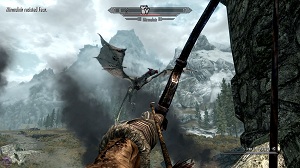 Oblivion and Fallout 3 had both been behemoths, stretching the new console tech that little bit further with each release. So when the 11th of the 11th of the 11th of 2011 rolled around, the anticipation for the fifth game in the Elder Scrolls series was simply off the charts. The most surprising thing though is that the game didn’t just meet people’s incredibly high expectations but many ways it exceeded them, giving us a world so populated with events, quests, side quests, encounters and general characters and random happenings that it became the very definition of a time sink. I still remember hour upon hour spent exploring just one more cave or ruin, checking out one more town, and the shiver that would go up your spine for those first few dragon attacks. Bethesda had truly given an RPG immersion junkie like myself the perfect world to get truly and totally lost in.
Oblivion and Fallout 3 had both been behemoths, stretching the new console tech that little bit further with each release. So when the 11th of the 11th of the 11th of 2011 rolled around, the anticipation for the fifth game in the Elder Scrolls series was simply off the charts. The most surprising thing though is that the game didn’t just meet people’s incredibly high expectations but many ways it exceeded them, giving us a world so populated with events, quests, side quests, encounters and general characters and random happenings that it became the very definition of a time sink. I still remember hour upon hour spent exploring just one more cave or ruin, checking out one more town, and the shiver that would go up your spine for those first few dragon attacks. Bethesda had truly given an RPG immersion junkie like myself the perfect world to get truly and totally lost in.
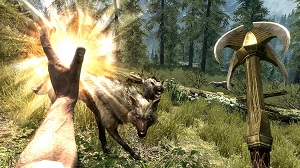 Now in its third year since release the popularity of Skyrim shows no sign of diminishing, having been given a huge lease on life by the jaw-droppingly extensive PC modding community that have polished and refined Bethesda’s epic to such a degree it can easily go toe to toe with any of the new generation games released today, making it one of the few last gen games I see being popular well into this new era of gaming.
Now in its third year since release the popularity of Skyrim shows no sign of diminishing, having been given a huge lease on life by the jaw-droppingly extensive PC modding community that have polished and refined Bethesda’s epic to such a degree it can easily go toe to toe with any of the new generation games released today, making it one of the few last gen games I see being popular well into this new era of gaming.
Skyrim is a true classic, the sort of game people will introduce to their kids and in many ways the benchmark by which any and all fantasy RPGs will be judged from this point forward. Well, until Elder Scrolls 6 anyway.
APOCALYPSE FOR TWO: THE LAST OF US (2013)
Rounding out the last generation at the end of last year came Naughty Dog’s masterpiece of post apocalyptic survival and surrogate familial angst in The Last Of Us.
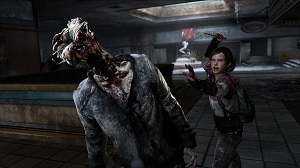 In many ways it was less a statement of intention for the next gen as much as it was a greatest hits tour of many of the best (and to a degree worst) gaming conventions that had been codified into the last eight years. With its third person cover based shooting mechanic and a strong emphasis on stealth, structurally it wasn’t reinventing the wheel. Likewise, its gameplay echoed a myriad of other iconic titles of last gen such as Gears Of War, the Splinter Cell series and Naughty Dog’s own Uncharted games.
In many ways it was less a statement of intention for the next gen as much as it was a greatest hits tour of many of the best (and to a degree worst) gaming conventions that had been codified into the last eight years. With its third person cover based shooting mechanic and a strong emphasis on stealth, structurally it wasn’t reinventing the wheel. Likewise, its gameplay echoed a myriad of other iconic titles of last gen such as Gears Of War, the Splinter Cell series and Naughty Dog’s own Uncharted games.
The game’s strengths were in its writing, story, character and performances, which truly set it apart as a landmark achievement. Here was a developer finally tackling a story for adults, rather than the ‘mature’ tales attempted – with varying degrees of success and otherwise – up to that point.
The game essentially feels like playing Cormac McCarthy’s The Road by way of an AMC or HBO tv series. The characters are deep and complex, the storytelling mature and subtle. It often chooses to show rather than tell and leave the player to project their own feelings onto its characters rather than emotionally guiding them by the nose. None of this would have been possible technologically without relatively recent advances in things such as motion capture technology, giving an indication of just how far we’d come in the eight years from 2006 to 2014.
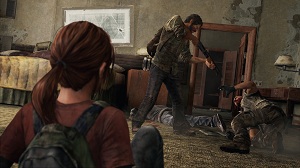 The game takes players on an emotional rollercoaster, from its crushing opening to its beautifully conflicted ambiguous ending, through laughter, tears and terror as you guide Joel and Ellie through the wasteland to their destinies. Games like Skyrim may have set the bar for open worlds but it was with The Last Of Us that Naughty Dog announced games could supply decent story and characters rather than simply pander to juvenile power fantasies; that games could be truly be made for adults.
The game takes players on an emotional rollercoaster, from its crushing opening to its beautifully conflicted ambiguous ending, through laughter, tears and terror as you guide Joel and Ellie through the wasteland to their destinies. Games like Skyrim may have set the bar for open worlds but it was with The Last Of Us that Naughty Dog announced games could supply decent story and characters rather than simply pander to juvenile power fantasies; that games could be truly be made for adults.

